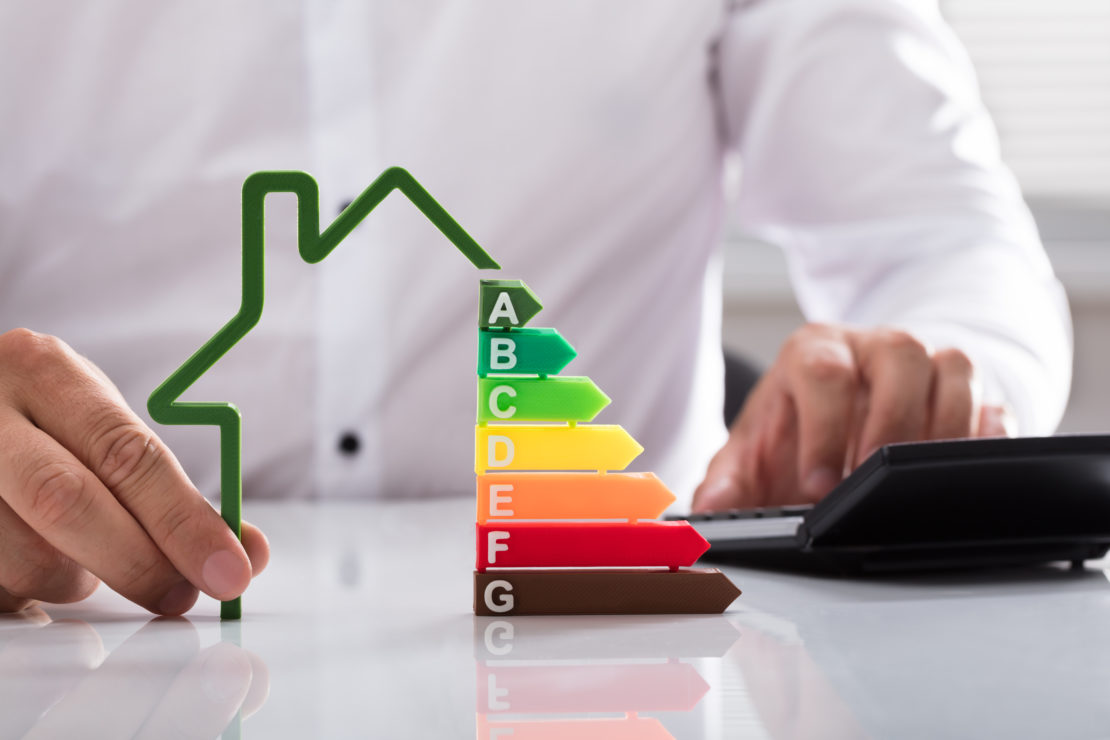New build houses save homeowners £2,600 in annual energy bills

1 In 4 homebuyers now put efficiency as a key consideration when purchasing a house and new research based on Government Energy Performance Certificate data has found that buyers of a new build house will save on average around £2,600 a year in energy bills.
The report ‘Watt a Save’ published recently by the Home Builders Federation (HBF), shows that in total, last year’s new build purchasers are saving more than £500m a year on annual energy bills, with new build homes emitting a third of the carbon of an older property, reducing carbon emissions by over 500,000 tonnes.
You can read the report here
An analysis of Government data on the energy efficiency of new build and existing homes, highlights:
- New build properties significantly reduce households’ energy usage, with the average new home using approximately 100 kWh per m2 per year compared with older properties which require an average of 259kWh per m2.
- New build properties (houses and flats) save an average of just over £2,000 per property each year, with the average annual running costs for a new build totalling £1,500 as compared to an average of £3,570 for older properties. These savings rise to £2,600 a year when looking at new and old houses alone, rather than smaller properties such as flats or bungalows.
- 84% of new build homes were rated with an EPC of B or above, while less than 4% of existing dwellings reached the same standard.
Despite Government action to try and energy prices manageable, bills are now significantly higher than just a few months ago. While there is some comfort in the recent intervention to cap typical energy bills at £2,500, households in poorly insulated and inefficient older properties will continue to pay more than those living in a new build.
Uncertainty remains as to what happens once the recently announced cap on bills is lifted and, as costs rise, so will the savings that new builds can offer. Without the Government intervention, savings for new build buyers would have risen to more than £4,000 a year from next January; and with average bills rocketing to over £10,000 from next April according to some forecasts, the benefits of living in an energy efficient property will continue to grow.
On top of these dramatic savings, buyers of new homes are also contributing to the country’s progression towards net zero, with each new build producing just a third of the carbon emitted by older homes, a saving of 2.2 tonnes of CO2 every year by using on average 100 kWh of energy per m2 of house space compared to 259 kWh per m2 for an older property.
Not only are new homes built to the most up to date regulations, builders are also demonstrating their commitment to go further, using new technologies and methods to ensure efficiency is embedded to the highest standard from the point of construction. The report also explores some of the most ambitious and forward-thinking examples of new homes in the industry. In contrast, owners of existing properties will often find themselves facing disruptive, extensive and costly retrofit works to bring their homes to the same standard.
You might be interested in...
A guide to buying your new home
Buying a home is often one of the biggest decisions you will make. With so much information out there, you may not know where to start, so to make the…

Why Buy New?
Moving into a new build home offers a host of benefits, from energy efficiency and modern design to reduced maintenance and the chance to customise your living space. With financial…




